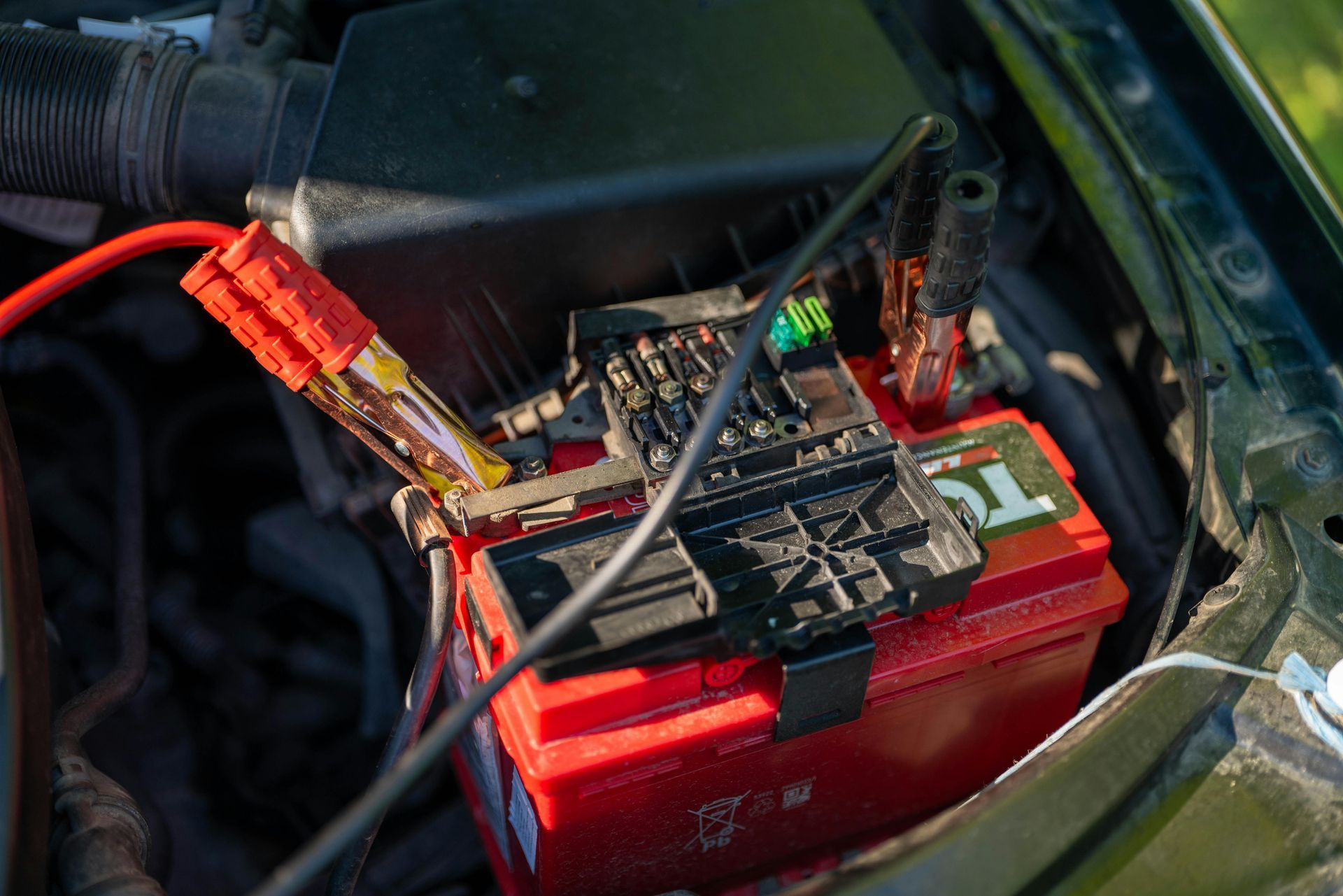Choosing an Auto Repair Center
Auto Shops Located in: Chapel Hill, Durham, Taleigh, Apex, and Cary North Carolina

How Do I Choose An Auto Repair Center?
Everyone needs a trusted doctor, accountant, and mechanic. We’ll leave the medical and tax decisions up to you.
But we are uniquely qualified to help you choose a service center. You’ve probably read online reviews. You’ve probably asked friends and family for recommendations. There’s a barrage of advertising, but nobody has time to sort through marketing claims.
We’ve come up with a step-by-step guide for choosing an automotive service center.
1. Qualifications and Experience
Modern cars are sophisticated traveling computers. Today’s technicians serve car computer systems along with the other systems. They use an iPad as often as a wrench. Computing tech advances rapidly.
What type of certifications should I look for?
The ASE (Automotive Service Excellence) certification is an industry-standard. The ASE program is organized by vehicle type and automotive systems. One of the advanced certifications under this training protocol is the Hybrid/Electric Vehicle Specialist (L3). Repair centers that employ techs with the hybrid certification are ahead of the game.
When technicians have completed the multi-phase ASE course, they are eligible for the ASE Masters Certification. Technicians must re-certify every five years.
2. Specialized Shops or Full-Service?
Some people go to the quick lube for routine oil changes. And brakes-only shops for brake repairs. A shop with a narrow focus may offer a low price. And they may perform quality repairs in their specialty. If you fix transmissions all day—you’re probably going to get good at it. If you aren’t interested in developing a long-term relationship with a full-service shop, this can be a good choice. Make sure you do your research, though. I would be wary of an express lube that just opened last week with a month-to-month lease. Also, beware of the upsell. Corporate chain shops are notorious for pushing extra services that you may not need.
3. Dealership or Independent?
Some drivers swear by their dealer for service and maintenance. They can expect quality service from factory-trained mechanics. A couple of things to keep in mind: dealerships have massive overhead costs. In most cases, you will pay more for repairs. At the dealer, you interact with a service advisor. You probably can’t talk to the technician who actually works on your car.
When it comes to amenities, dealerships score high. Most offer shuttle services, a clean waiting area, and fresh coffee. Some elite independent shops have met and matched dealership amenities. So don’t opt for the dealer without looking around. You could save a lot of money.
4. Convenience/Amenities
Auto service centers can’t compete anymore with a sparse waiting area and instant coffee. But look beyond the waiting room. What if you never had to set foot in it—regardless of whether it has comfy chairs and cable TV? A few elite shops now have a valet service. They pick your car up at your home. When the shop valet arrives, they leave a courtesy car for you to use. Does your shop do that?
5. Pricing
If you don’t know the expected price for the service you need, do some research. Some service centers show their prices on their website. Keep in mind that these are average figures. The price can go up from the base estimate.
You can call a couple of shops to get an idea of the average rate. Once you have a ballpark figure, don’t jump at the lowest bid. Make sure they have technicians who can perform quality work.
Price transparency is an area where you can weed out the shady shops. If you are quoted a price that’s higher than standard, make sure they can explain exactly why. Does your car need a special part? If they tell you it’s because the muffler bearings and crank seals are located in the radiator, run.
Price beat guarantees
Some service centers will beat bids from shops in the area. If you like to get the lowest prices on your new tires, a price beat guarantee can help you know that you are getting the best prices on new tires.
6. Service Warranties
This is where a top-tier service center can really shine. Shops that offer a service warranty stand behind their work. Their goal is to acquire a customer for life. If you’ve been burned by an unscrupulous shop, look for a good service warranty. Quality service centers can restore your trust. What’s that worth?
7. Reputation
Reputation is earned over time. Service centers with an impeccable reputation deserve consideration. How long as the shop been in business? Do they support local organizations? Are they eco-responsible? A company that has been around for decades is doing something right. They are invested in the community. They consistently meet high standards of professionalism. Online reviews can reveal a lot—good and bad.
How Do I Choose An Auto Repair Center?
Your car may be your most expensive investment after your house. It pays to do your homework. If you have any questions about Chapel Hill Tire, we look forward to answering them. Contact our experts by phone or schedule an appointment online. As always, thanks for visiting our blog.















